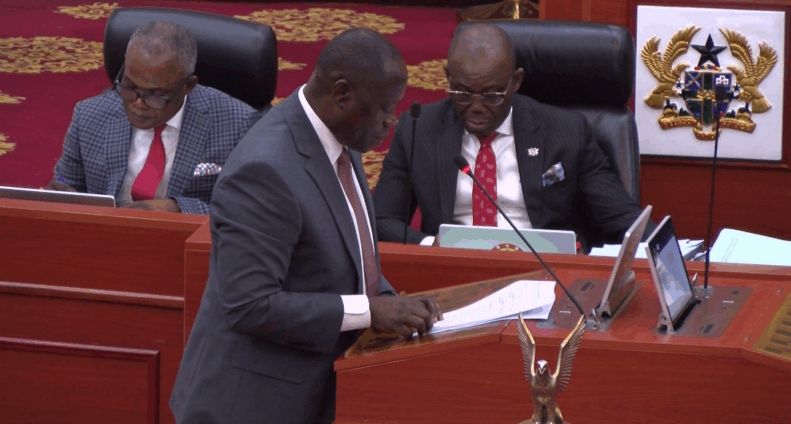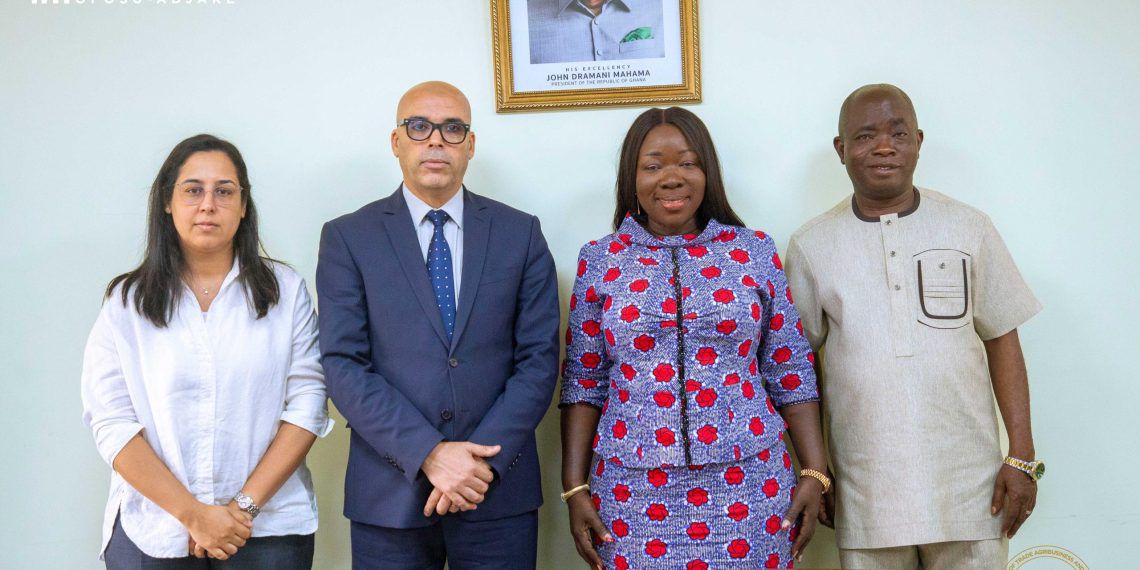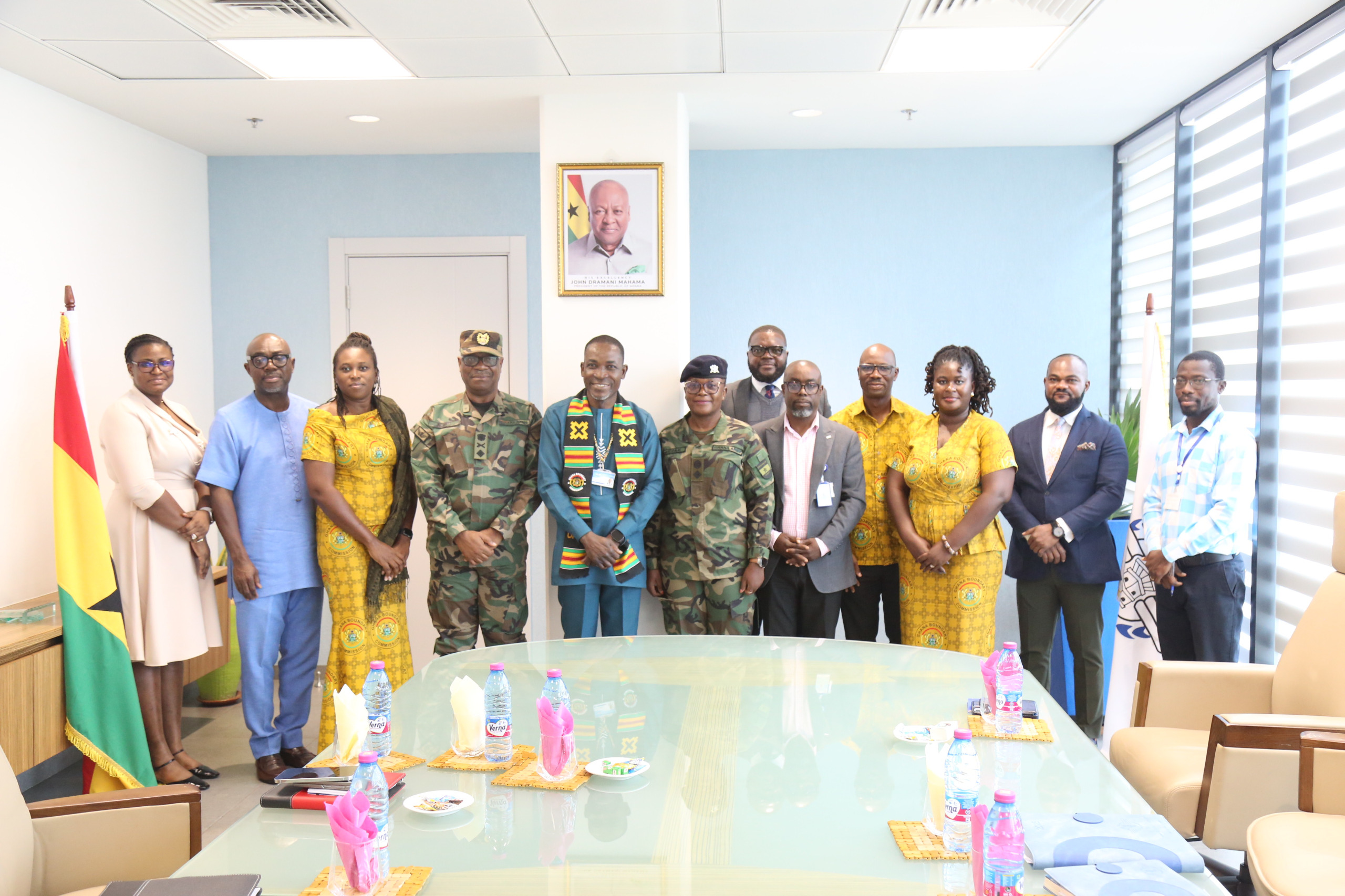Minister for Lands and Natural Resources, Emmanuel Armah-Kofi Buah, has informed Parliament that the lithium mining lease signed under the previous administration is undergoing renegotiation due to a steep decline in global lithium prices, sparking questions about the project’s current feasibility.
Speaking in Parliament on Thursday, July 17, the Minister stated that although the lease was submitted in 2024 and reviewed by the Parliamentary Select Committee on Lands and Natural Resources, no formal report was tabled for ratification before Parliament rose for the 2024 general elections.
He noted, “Since the beginning of this year, the company has written to government, alerting us to the significant change in circumstances – specifically, the drastic fall in lithium prices.”
According to the Minister, the initial agreement—finalized in October 2023—was based on a global lithium price of approximately $3,000 per tonne, as detailed in the company’s Bankable Feasibility Report. However, market dynamics have shifted significantly since then.
“The battery metals sector is experiencing serious strain. A combination of plummeting prices and market oversupply has led to the steepest decline we’ve seen. Leading lithium producers have been forced to scale back operations, cut jobs, and pause new developments,” he explained.
Following the company’s appeal for adjusted lease terms, the Ministry escalated the matter to Cabinet. “Cabinet has approved my request to present revised terms in a new memorandum. This updated proposal will be submitted to Cabinet and subsequently to Parliament for consideration to protect the viability of the project,” the Minister added.
In a related development, Mr. Armah-Kofi Buah briefed Parliament on new government measures aimed at regulating excavators and earth-moving machinery to curb illegal mining.
The Minister explained that the initiative is a coordinated effort among several key agencies, including the Ghana Revenue Authority (GRA), the Ministry of Transport, the Minerals Commission, and the Driver and Vehicle Licensing Authority (DVLA).
“The Ghana Revenue Authority has a crucial role in this operation. Customs officers at all designated ports have been instructed to release earth-moving and mining machinery only when accompanied by a valid import permit approved by both the Ministry of Transport and the Commissioner General,” he disclosed.
He further revealed that a special clearance feature is being integrated into the Integrated Customs Management System (ICUMS) to monitor and verify these permits. Once an excavator is cleared, the DVLA will issue a distinct number plate.
“These plates feature green lettering on a white background,” he said.
To ensure full tracking, the Minister added, “Every registered machine is fitted with a tamper-proof GPS device. The system is designed to alert the control room whenever the tracker is tampered with.”
This live monitoring is overseen by a central operations center at the Minerals Commission. So far, 150 excavators have been registered under the new tracking framework













